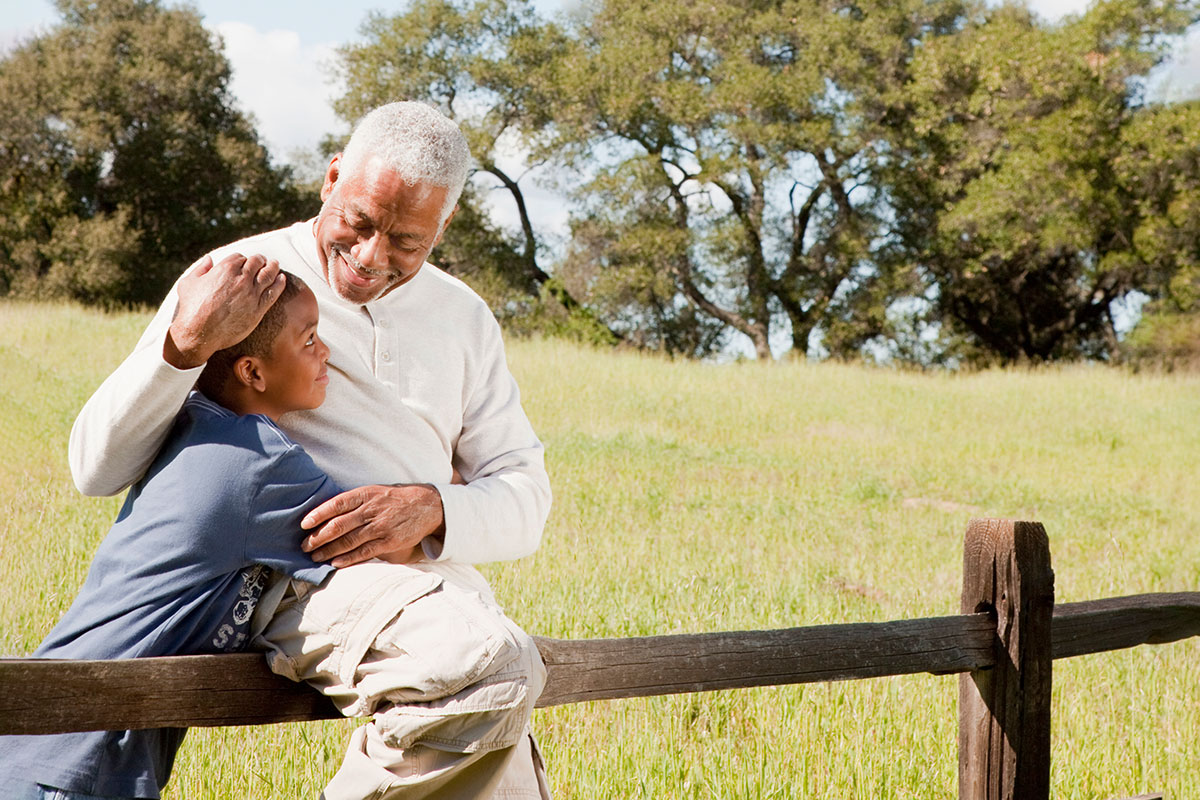Noticing the Signs and Symptoms of Stroke Can Help Save a Life
MAY IS NATIONAL STROKE AWARENESS MONTH

Nearly 800,000 Americans suffer from stroke every year, according to the American Stroke Association, making stroke the fifth-leading cause of death in the United States.
The good news is that up to 80% of strokes can be avoided with preventive steps and management of health conditions that lead to stroke.
A stroke occurs when blood supply to the brain is cut off, depriving brain tissue of critical oxygen and nutrients. When this happens, brain cells begin to die within minutes.
To learn more about how your health may contribute to your risk of stroke, take the free stroke risk health quiz at Stroke | BJC HealthCare.
Stroke can lead to paralysis, loss of speech, memory or vision, diminished reasoning — and sometimes even death. It is critical that a stroke victim receive evaluation and proper treatment quickly to minimize injury to brain tissue. This early action can reduce brain damage, disabilities and other complications.
Remember to “BE FAST” when checking for signs of stroke:
Balance: Does the person have a sudden loss of balance?
Eyes: Has the person lost vision in one or both eyes?
Face: Does the person's face look uneven? Is one side drooping?
Arm: Is one arm hanging down?
Speech: Is the person's speech slurred? Does the person have trouble speaking or seem confused?
Time: Call 911 now!
First responders can begin providing vital care during transport to the hospital.
The sooner a stroke victim gets medical attention, the better the chances of recovery. With each passing minute, the chance of brain injury, permanent disability and death increase. BJC hospitals with certified stroke centers are conveniently located in St. Louis City and County, St. Charles County, St. Francois County and Franklin County in Missouri, and Madison and St. Clair counties in Illinois, to help get you or your loved one fast and effective treatment in case of a stroke. To get familiar with the BJC locations nearest to you, visit Locations | BJC HealthCare.
Did you know you are at higher risk for stroke if you have any of these conditions?
High blood pressure
Overweight and obesity
Diabetes and uncontrolled blood sugar
Heart disease, especially atrial fibrillation (a-fib)
High cholesterol
Sickle cell anemia
Smoking
Poor diet and physical inactivity
Obstructive sleep apnea
Stress – ongoing stress may increase risk for stroke
Age – stroke risk doubles for every decade after age 55
Family history of stroke in a parent, grandparent, sister or brother
Previous stroke or transient ischemic attack (TIA) sometimes called a mini-stroke that usually has temporary effects
Sex – men have a higher risk at younger ages, while women have a higher risk over age 85
Race/ethnicity – African Americans have a higher risk of stroke than other races
During National Stroke Awareness Month, prioritize taking steps toward preventing a stroke, including getting regular exercise, eating a healthy diet, maintaining a healthy weight and not smoking. It’s also important to stay on top of your stroke risk factors and manage them with your physician.
- Resource